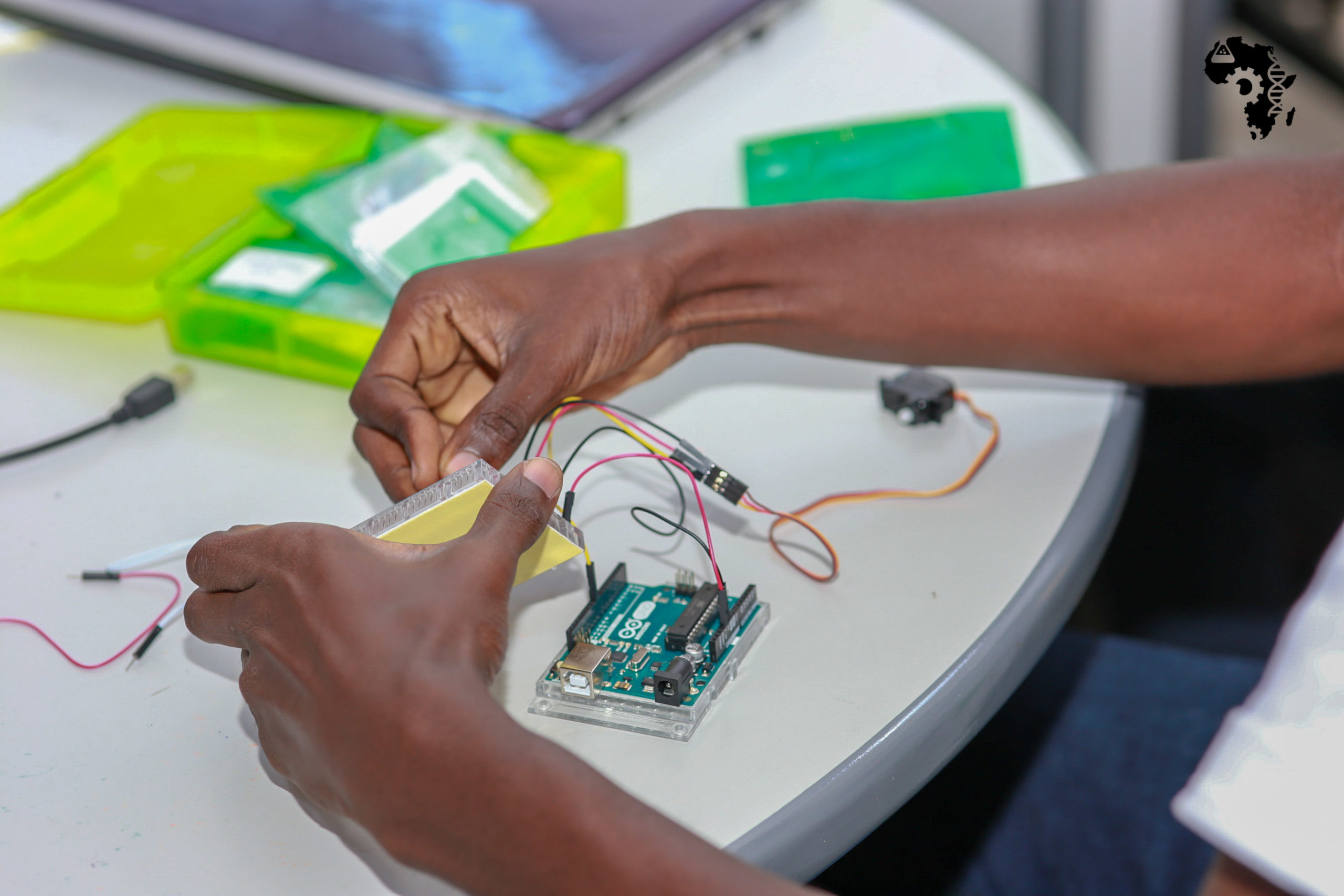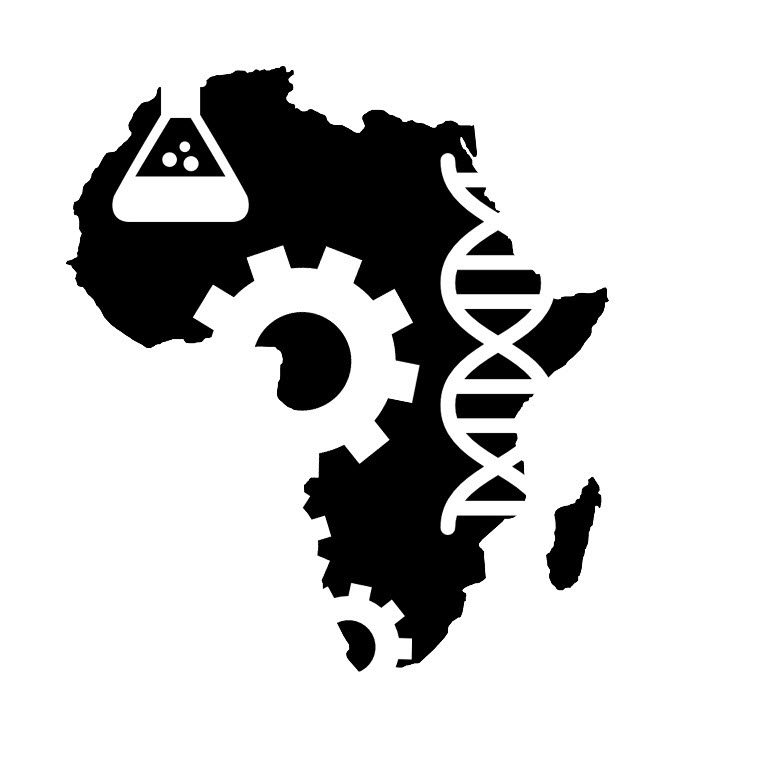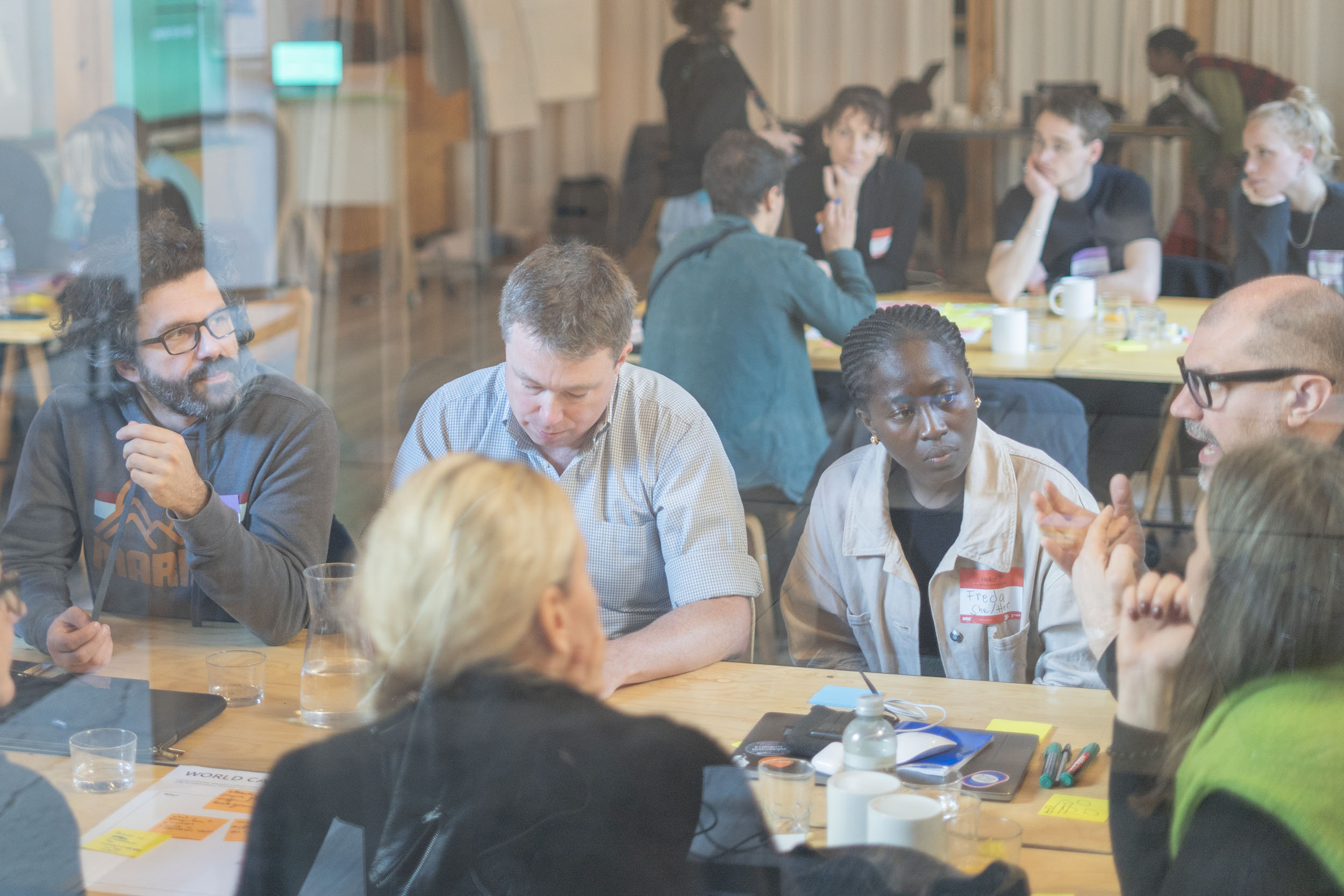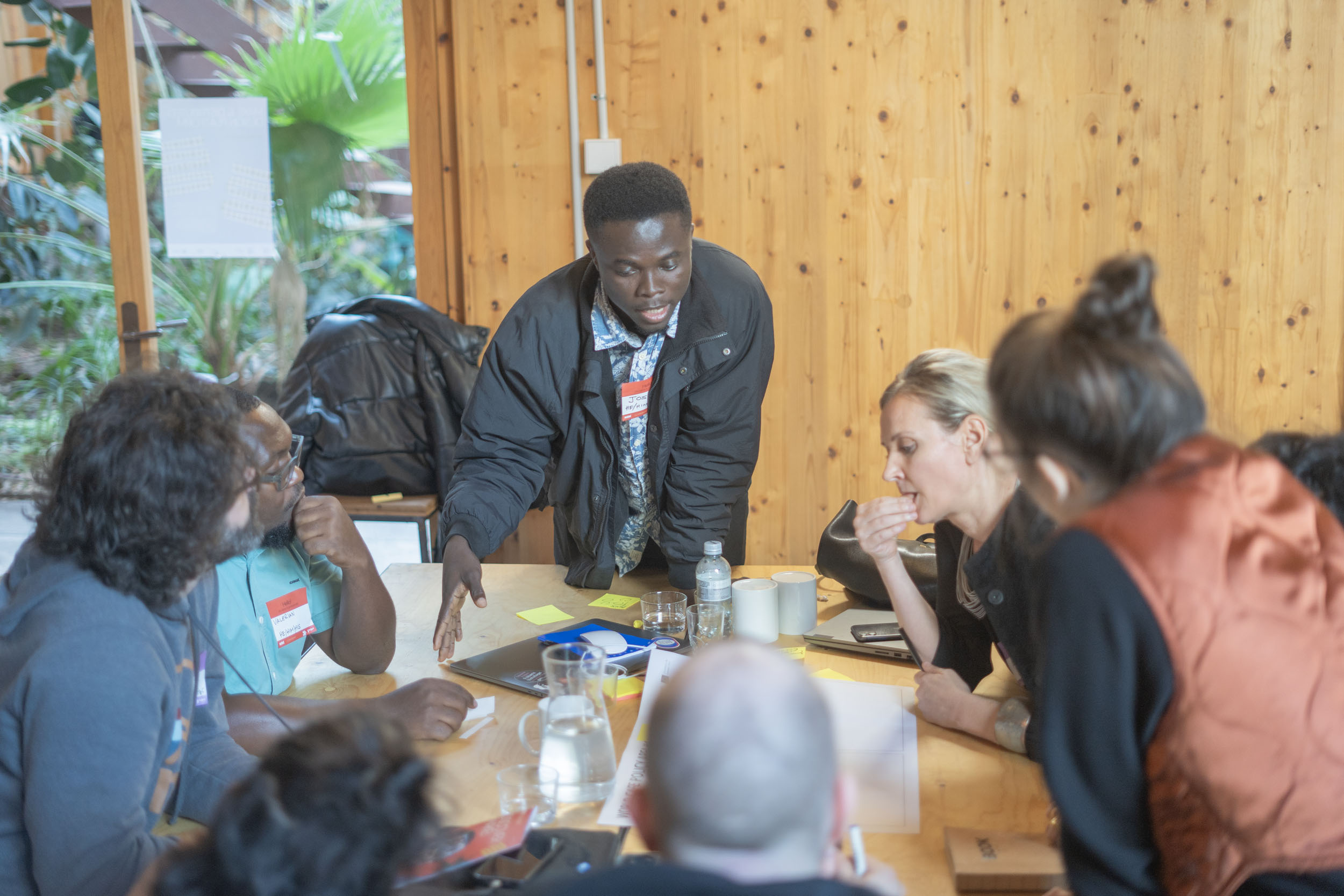Open Licensing in the African Maker Ecosystem
In the African maker ecosystem, open licensing can facilitate collaboration and knowledge-sharing among makers, which can help to accelerate innovation and growth. By making their creations available under open licenses, makers can encourage others to build upon their work and create new solutions that address local challenges.- April 04, 2023
- 6 min read
What is open licensing?
Open licensing refers to the practice of releasing creative works, such as music, images, designs, software, etc. under a license that allows for free access, use, and distribution. The use of open licenses in Africa is gaining popularity as a means of promoting access to knowledge, information and encouraging innovation and creativity.
Open licenses enable collaboration, development, access, and inspiration from your creative works without requiring you to give up the rights (copyright) automatically granted to you for your creation. An open license lets you retain ownership of your work, while allowing others to use, share, and remix it, without requesting your permission. For most open licenses, all that is required of the users is to attribute you for your work. (BCCampus)
In Africa’s maker ecosystem open licensing plays a significant role in promoting innovation and development on the continent. In the African Maker Ecosystem it refers to the practice of making product designs, software, and other creations available to the public under an open license that allows for modification, distribution, and reuse, and sometimes commercialization.
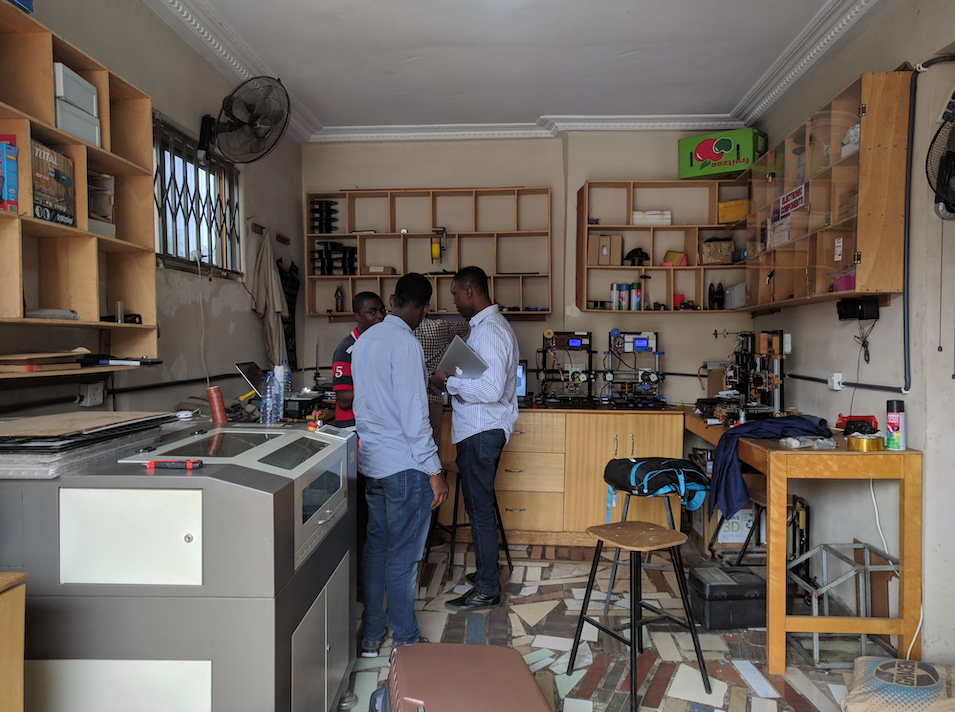
Open licensing can also help to promote entrepreneurship and economic development by lowering barriers to entry and reducing the cost of innovation. By making tools and resources available to a wider range of people, open licensing can help to foster a more inclusive and diverse maker ecosystem in Africa. One of the key benefits of open licensing in the African Maker Ecosystem is that it promotes collaboration and sharing of knowledge across borders and cultures. By allowing for the free use and distribution of creative works, open licensing can help to bridge the digital divide and support the development of a vibrant, open and diverse maker ecosystem in Africa.
Promoting open licensing: Creative Commons case
There are several organizations and initiatives that promote open licensing in the African Maker ecosystem, including Creative Commons Africa, which allow creators to retain copyright while allowing others to use and build upon their work, CERN Open Hardware Licence and other Open-source Licenses, which allow for the modification and distribution of hardware, software and other digital creations.
Creative Commons (CC) licenses are a set of standardized licenses that enable makers & creators to share their work while retaining some rights. These licenses are designed to enable the sharing and reuse of creative works by making them available to the public under certain conditions. In Africa, CC licenses are becoming increasingly popular as more and more people recognize the value of sharing knowledge and creative works. Several African countries have active Creative Commons communities, including South Africa, Nigeria, Kenya, and Egypt. (https://network.creativecommons.org/chapter/)
One of the key benefits of CC licenses in the African Maker Ecosystem is that they enable makers to contribute to greater impacts by making their product designs, software, and other creative resources available for free or at a low cost. This is particularly important in countries and regions where access to educational resources and information is limited. Moreover, CC licenses can also help to foster a culture of collaboration and innovation in Africa. By allowing makers to build and improve on each other’s work, CC licenses can help to spark new ideas and accelerate innovative progress in the fields of science, technology, and the arts. CC licenses have the potential to play an important role in promoting the sharing and reuse of knowledge, ideas and creative works in the African Maker Ecosystem, and in helping to build a more open and collaborative society.
There are six standard Creative Commons licenses that makers can choose from. Each license offers different levels of permission to use and share the maker’s work, and each license includes specific requirements that users must follow if they want to use the work. These requirements might include attribution (giving credit to the maker), non-commercial use only, or allowing others to create derivative works based on the original work.
The six standard Creative Commons licenses can be found on the Creative Commons license website.
The CERN Open Hardware License (CERN OHL) is a legal framework for the distribution of open-source hardware designs. It was developed by CERN, the European Organization for Nuclear Research, to encourage the sharing and collaboration of hardware designs among researchers, scientists, and engineers. CERN has developed the CERN Open Hardware Licence (CERN OHL) as a legal tool to promote collaboration among hardware designers and support the freedom to use, study, modify, share and distribute hardware designs, and products based on those designs.
The CERN OHL is based on the principles of open source software licenses, such as the GNU General Public License (GPL), and it seeks to provide a similar level of freedom and flexibility for hardware designs. It allows for the free distribution and modification of hardware designs, as well as the commercialization of products based on those designs, as long as the original license terms are respected. The CERN OHL comes in two versions: CERN OHL v1.2 and CERN OHL v2. Both versions require that any modifications to the design be made available under the same license, and they include provisions for attribution and liability limitations.
The CERN OHL is an important tool for promoting collaboration and innovation in hardware design, and it has been widely adopted by the open-source hardware community. (https://ohwr.org/project/cernohl/wikis/Documents/CERN-OHL-version-2)
Challenges in Africa
However, there are also challenges associated with open licensing in Africa, including a lack of awareness, education and understanding of open licenses: One of the major challenges facing open licensing in Africa is the lack of awareness and understanding of the concept. Many people in Africa are not aware of what open licensing is, how it works, and what its benefits are. Another challenge is the limited access to technology and the internet in many parts of Africa. This limits the ability of individuals and organizations to access openly licensed materials and to participate and contribute to the development of open content. Africa is a diverse continent with numerous languages and dialects. This poses a challenge for the development and dissemination of openly licensed content, as content needs to be translated into various local languages for it to be accessible to everyone.
The legal and policy frameworks that govern open licensing in Africa are not yet fully developed and structured. This creates uncertainty and confusion about the legal status of open licensing, making it difficult for individuals and organizations to engage in open licensing activities. Also, there is resistance to change and the adoption of new technologies and practices in many African countries. This poses a challenge for the adoption and growth of open licensing, as it requires a significant shift in mindset and practices.
Despite these challenges, the use of open licensing in Africa is expected to continue to grow in the coming years as more individuals and organizations recognize the benefits of this approach, which can be a powerful tool for promoting innovation and development in Africa’s maker ecosystem. By embracing open licensing and fostering a culture of collaboration and knowledge-sharing, African makers can create new solutions and drive positive change on the continent.

